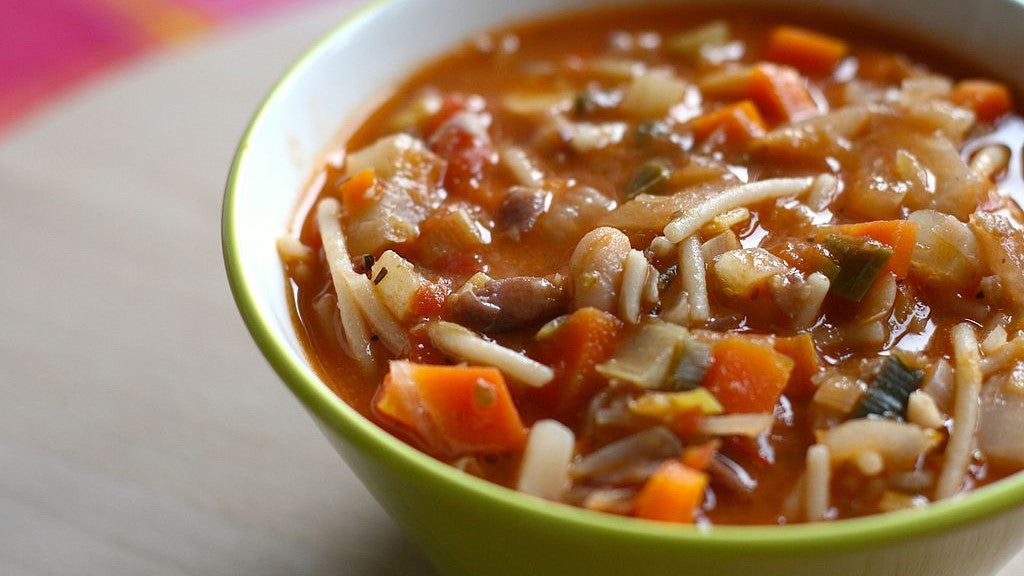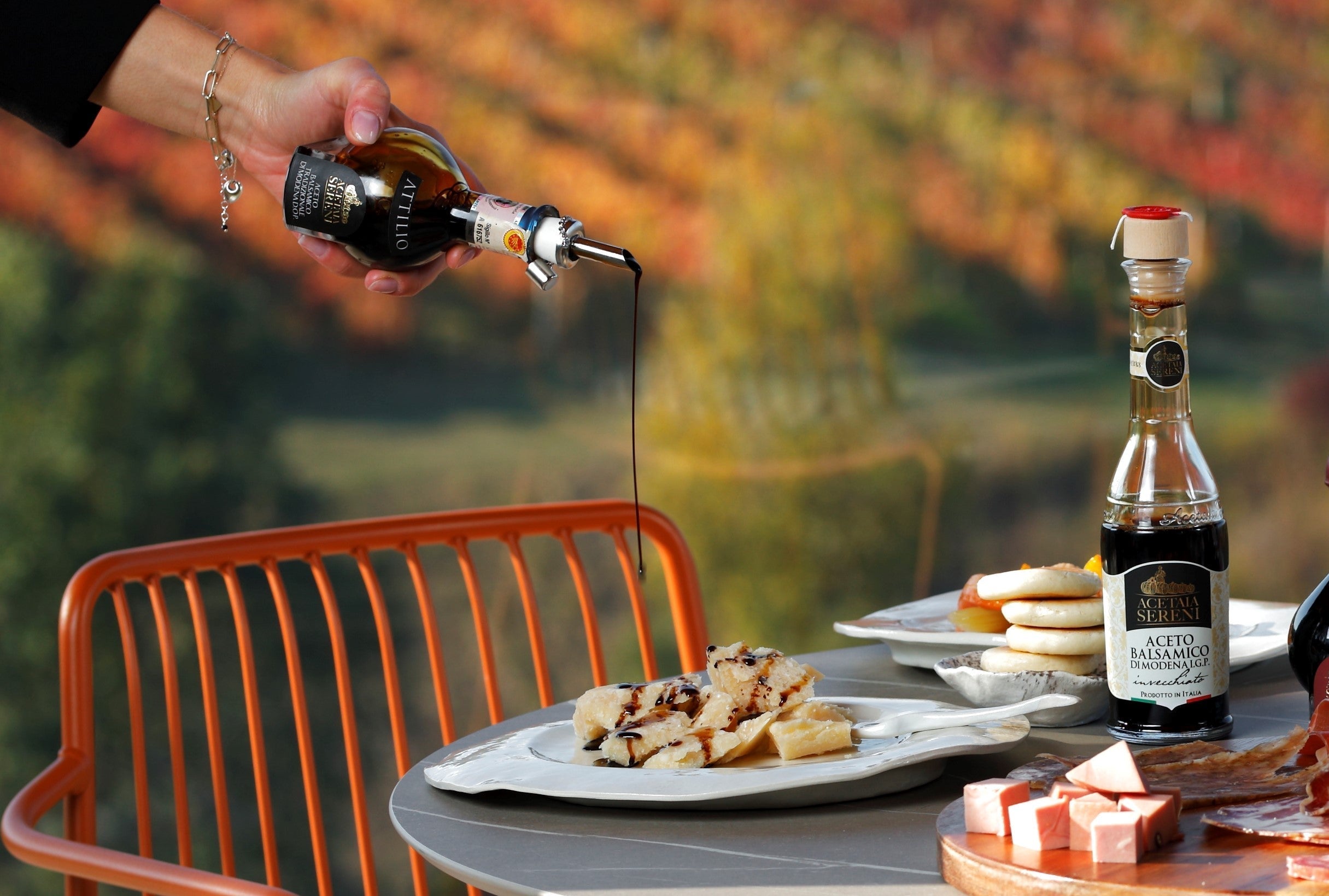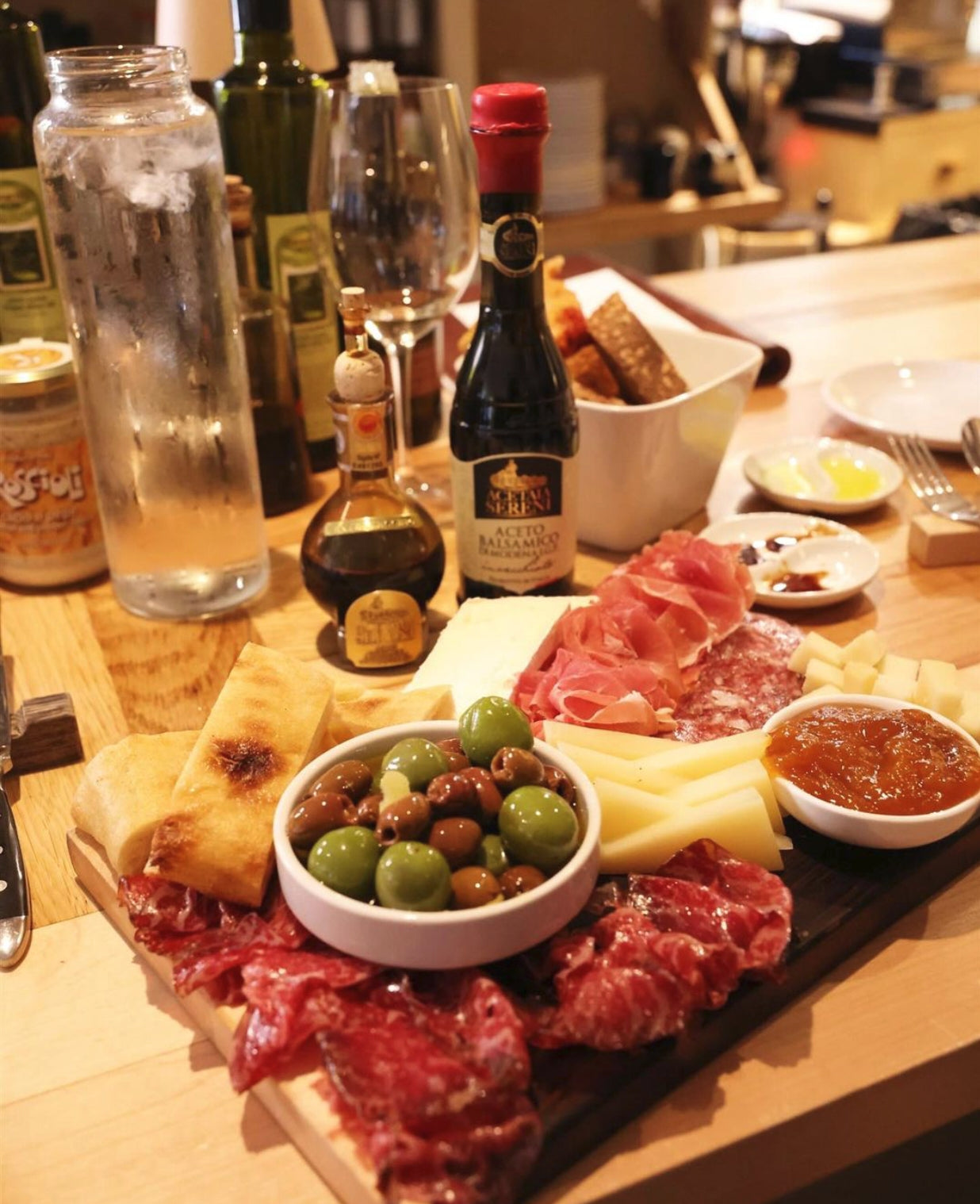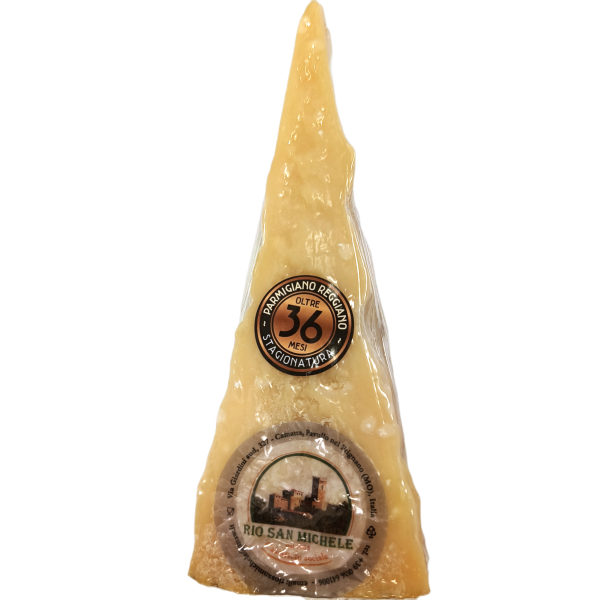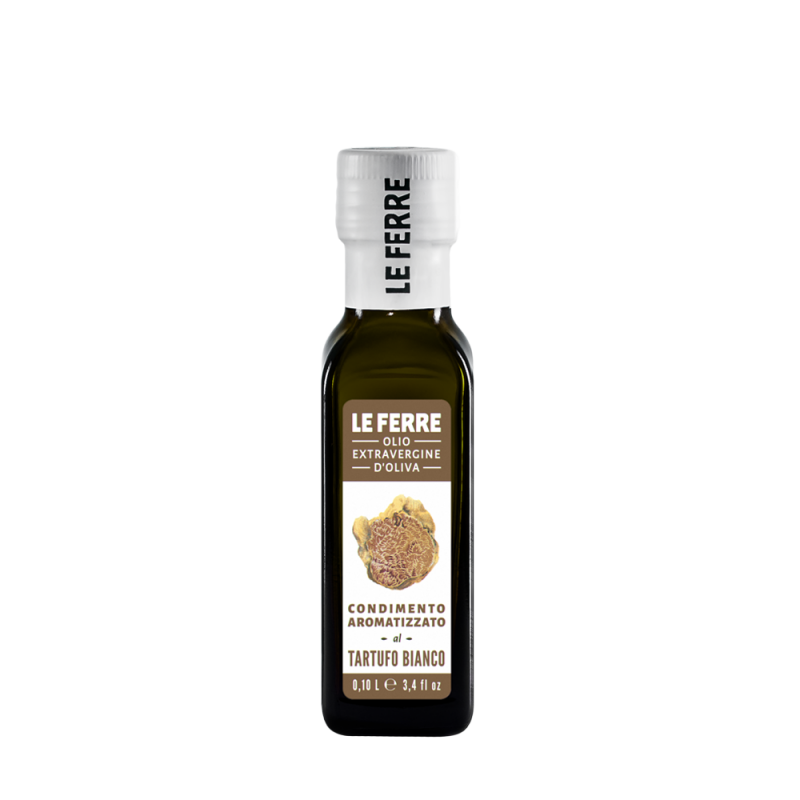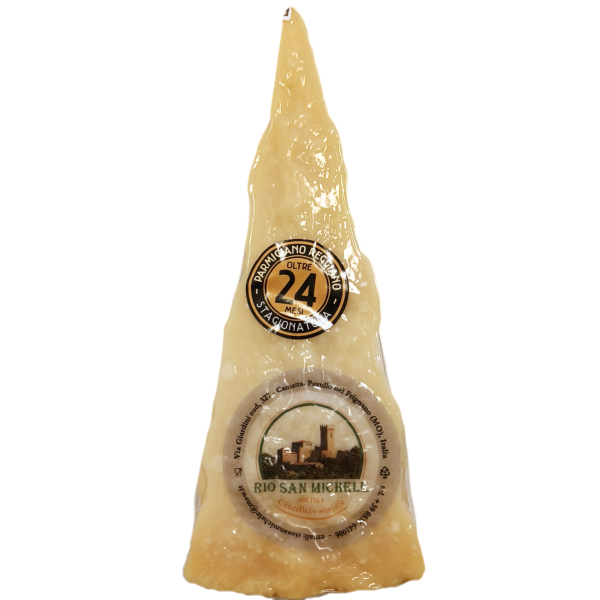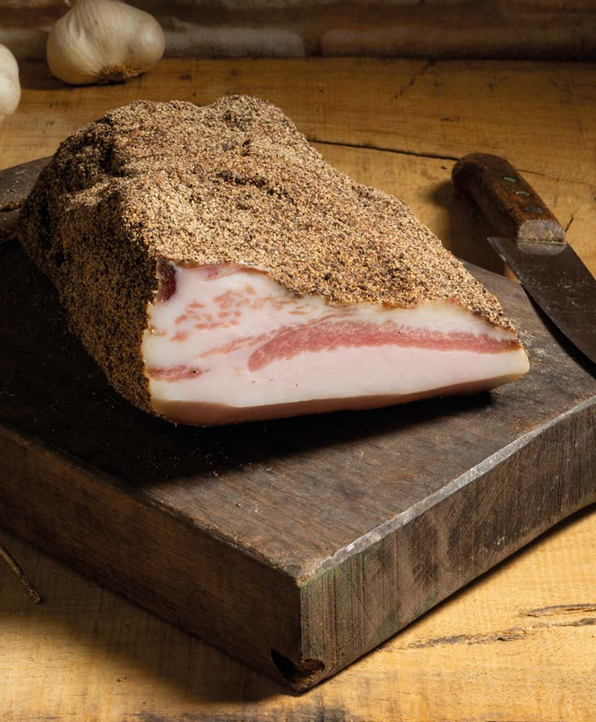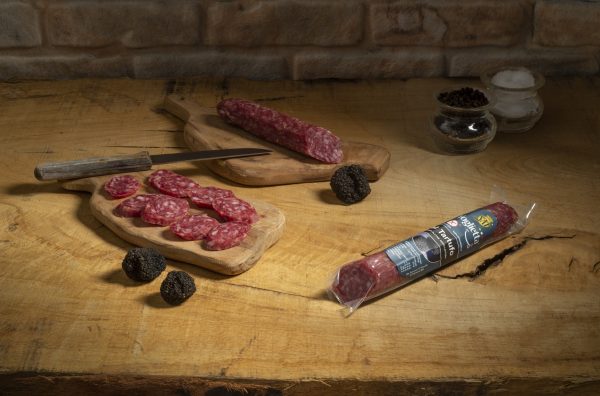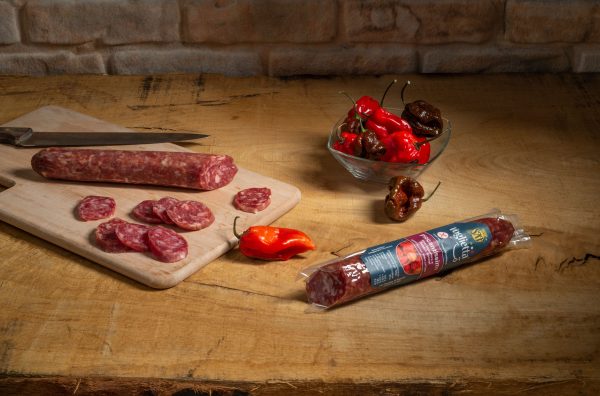Minestrone is much more than just a simple Italian soup; it is a dish that tells the story of Italian cooking, a tribute to its peasant roots and the wisdom of previous generations. Originally a poor man's dish, minestrone is the perfect example of how Italian cooking has managed to elevate simple ingredients and transform them into a harmonious taste experience. Every family and every region has its own version, linked to the seasonal ingredients and what is available at the time.
The key to a good minestrone is the quality of the ingredients: fresh vegetables, nutritious legumes, a good extra virgin olive oil and lots of love in the preparation. Personally, I love adding a drizzle of olive oil flavored with rosemary at the end – it gives an irresistible aroma and a refined touch. In addition, I never throw away the parmesan rind: adding it to the minestrone during cooking is a way to intensify the flavor and reuse something that many consider "waste".
Another special detail? Boiling 100-150 g of tubetini pasta in the minestrone to get a creamy and rich result, perfect as a dish on its own.
Ingredients (for 4 people)
- 1 onion
- 2 carrots
- 2 stalks celery
- 2 medium potatoes
- 1 zucchini
- 150 g kale or savoy cabbage
- 150 g borlotti beans (fresh or soaked dried beans)
- 100 g peas (fresh or frozen)
- 2 ripe tomatoes (or 200 g tomato paste)
- 1 clove of garlic
- A handful of parsley
- 100-150 g small pasta (e.g. tubettini)
- 3 tablespoons extra virgin olive oil (preferably with rosemary )
- 1 Parmigiano Reggiano crust (optional)
- 50 g guanciale (optional)
- Salt and pepper to taste
- 1.5 l hot vegetable broth
Procedure
-
Prepare the vegetables : Rinse and chop all the vegetables. Finely chop the onion, garlic, celery and parsley. Dice the carrots, potatoes, zucchini and tomatoes. Cut the kale into thin strips.
-
Make the base : Heat 2 tablespoons of olive oil in a large saucepan. Sauté the onion, garlic, celery and parsley over low heat until soft.
-
Add the ingredients : Add the carrots, potatoes, tomatoes and borlotti beans. Stir and cook for a few minutes. Add the hot stock and the Parmesan rind and bring to a boil.
-
Simmer : Reduce heat and simmer for about 40 minutes. Add kale and peas after 30 minutes.
-
Cook the pasta : Add pasta during the last 10 minutes, stirring occasionally.
-
Finish and serve : Season with salt and pepper. Drizzle with extra virgin olive oil (or with rosemary) before serving.
Each region of Italy has its own version of minestrone: in Liguria pesto is added, in Tuscany it is enriched with dry bread to make the famous "ribollita", while in Northern Italy lardo or guanciale are often used to flavor the soffritto. The beauty of minestrone lies in its versatility: use seasonal vegetables and experiment to create your own unique version.
Buon appetito!
Image from Katrin G. licensed CC BY-SA 2.0

